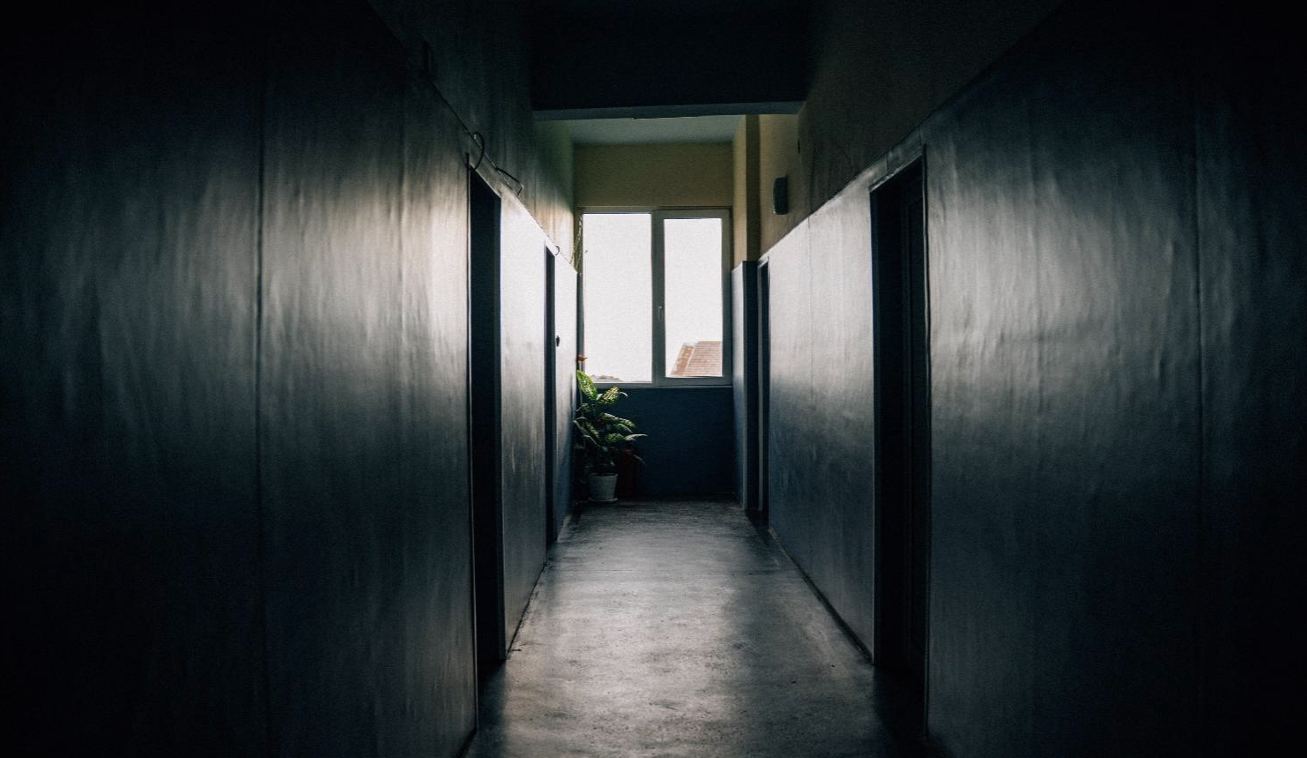At the end of May, the Director of the Cercibeja institution for disabled people, in the Portuguese region of Alentejo, was arrested after the sexual assault allegations of a 26 year-old disabled woman. In addition to the allegations of sexual violence, the European Network on Independent Living – ENIL and Centro de Vida Independente Portugal have found evidence that this institution has been in receipt of European Union funds for various projects. This despite the commitment of the European Commission not to invest in institutional care facilities, and to support the transition to independent living.
Portugal has had a long history of relying on private providers to run services for disabled people, allowing for segregated facilities. These places often offer specific training for disabled people, such as gardening, or craft activities, more suitable for children. In some cases, disabled people work on art projects for free, but the service provider profits from their work.
For the inmates in these institutions, reporting abuses has consequences. It is often the case that people feel pressured not to tell anyone what is happening and are threatened with being left homeless, without any support. Moreover, the increased dependency on the professionals, due to the lack of personal assistance and other community-based services, can make it difficult to report sexual assault, or to prove that a crime has taken place.
According to the World Health Organisation (WHO), violence is characterized as “the intentional use of physical force or power, threatened or actual, against oneself, another person, or against a group or community, that either results in or has a high likelihood of resulting in injury, death, psychological harm, maldevelopment or deprivation”[1]. Findings of the project “DECIDE – Disability and self-determination: the challenge of Independent living in Portugal” show that 70% of the victims are women and 47% have a cognitive impairment. The type of crime is also significantly different between genders, with an overrepresentation of women who experience rape, sexual abuse, rape attempt and physical assault[2].
The Cercibeja institution has received funds from the European Union through three projects for the “professional training of disabled people”. The projects, funded by the European Social Fund, have been supported under the following calls: POISE-03-4229-FSE-000115 (2016/2018), POISE-03-4229-FSE-000166 (2017/2020) and POISE-03-4229-FSE-000278 (2019/2022). Additional details are currently unavailable, and are being requested by ENIL through the Commission’s “access to information” facility.
Most institutions, besides receiving EU funds, are also funded by disabled people directly – with up to 90% of their income. In addition, services tend to be subsidised by the state, through national budgets.
The segregation of disabled people and the abuse of power has to stop. No European Union or national funds should be spent in segregated settings. People living in institutions have to be provided with access to justice, and those who use their power against disabled people must be punished.
The European Network on Independent Living – ENIL calls upon the Portuguese Government to:
- Investigate the alleged sexual assault in the Cercibeja institution and bring the perpetrator(s) to justice;
- Provide adequate support to the victim(s) of abuse and ensure they are provided with immediate housing and support in the community, in order to be able to leave the institution;
- Stop using EU funds for the services in segregated settings and for building and renovating new segregated settings for disabled people;
- Fund independent living arrangements, such as personal assistance, other community support services and mainstream housing.
- Incorporate the UN Convention on the Rights of Persons with Disabilities into national law and pay due attention to the implementation of Articles 12 and 19, which are incompatible with the practice of institutionalisation.
Furthermore, we call on the European Commission to:
- Adequately monitor and investigate how and where its funds are being spent in Portugal, and other Member States;
- Investigate how the EU Funds were used in the Cercibeja institution, as well as any links with the alleged sexual assault that took place in the institution;
- Apply sanctions against Member States which spend EU funds on the building or maintenance of congregated settings of any size.
[1] https://www.who.int/violenceprevention/approach/definition/en/
[2] https://ces.uc.pt/projectos/decide/docs/FFontes-ALTER_Lille_July-2018.pdf


